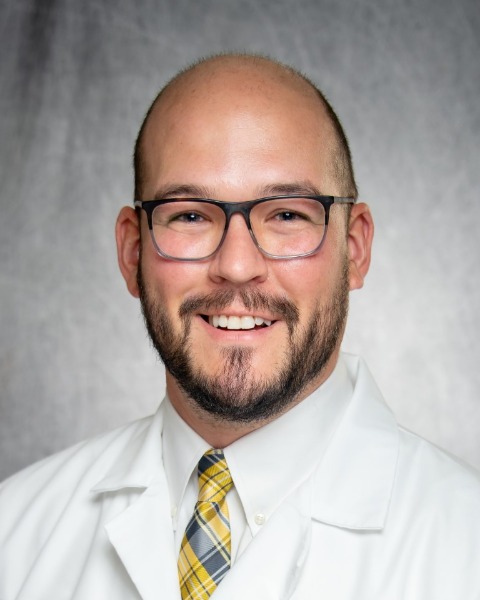Live Workshops
Quality and Systems Based Practice
Enhancing the Quality of Quality Improvement: Case Studies in Proactive C-L Psychiatry
.jpg)
Mark A. Oldham, MD, FACLP
Associate Professor
University of Rochester Medical Center
Rochester, New York
Sofia Matta, MD, FASAM (she/her/hers)
Senior Director of Medical Services
MGH Home Base / Harvard Medical School
Boston, Massachusetts
Patrick Triplett, MD, DFAPA
Clinical Director, Physician Advisor
Johns Hopkins University School of Medicine
Baltimore, Maryland
Michael Strong, MD
Clinical Assistant Professor of Psychiatry
University of Iowa Health Care
Iowa City, Iowa.jpeg.jpg)
H. Samuel Landsman, MD (he/him/his)
Assistant Professor of Psychiatry
Dartmouth-Hitchcock Medical Center
Lebanon, New Hampshire
Lead Speaker(s)
Speaker(s)
Moderator/Discussant(s)
Quality improvement (QI) is an essential aspect of good clinical care and involves data-guided activities designed to ensure the quality of healthcare delivery. QI projects are required of C-L fellows and clinical academic faculty; however, many clinicians lack training in QI, which not only shares many important features with research (e.g., systematic investigation, rigorous methods, sound data analysis, and the intent to obtain reliable and valid results) but also involves real-world implementation. Sponsored by the proactive C-L SIG, this interactive session will provide practical tips on enhancing the quality of QI as illustrated through proactive C-L implementation projects. Our topics span the continuum of QI from project design to ongoing development and evaluation to ensure that project goals continue to be met over time. A panel Q&A following each topical presentation will help attendees 'workshop' their own QI projects, allowing time for brainstorming and problem-solving. Dr. Landsman (10min) will provide an overview of QI, comparing and contrasting it with research. He will outline the principles of analyzing practice performance and enacting performance improvement. He will also present three common models used in medical practice and elsewhere (Model for Improvement, Lean, Six Sigma) along with useful QI tools and measures. Dr. Matta (10min) will describe the early phase of QI, focusing on developing and pitching a service line to institutional leadership. She will emphasize how systematic screening for mental health needs can overcome disparities in mental health care for underserved populations and also review social determinants of mental health conditions including age, homelessness, race, ethnicity, and substance use disorders in relation to key clinical outcomes. Panel Q&A on creating QI projects (10min) Dr. Strong (10min) will present on how clinical informatics can promote, support, and accelerate innovation in healthcare delivery. He will review different types of qualitative and quantitative measures used to guide QI, focusing on how self-service tools within the EMR enable timely clinician access to data. He will share his experiences on expanding proactive-C-L across medical and sub-specialty services and how principles of rapid-cycle improvement can enhance implementation. Panel Q&A on the use of clinical informatics in QI projects (10min) Dr. Oldham (10min) will present on PRIME 2.0, a QI project in which a proactive C-L service developed an EMR-based screening tool to enhance early detection of acute mental health needs among hospitalized patients. He will review his team’s iterative design process, clinical workflows, EMR customization, and implementation pearls. Results will include consult characteristics, staff satisfaction, patient-reported outcomes, and length of stay analysis. Panel Q&A on QI project outcomes (10min) Dr. Triplett (10min) will present a longitudinal review of service metrics over 4 years of proactive C-L compared to a traditional consultation model, including significant differences in the race and age of patients seen. The proactive service had its origins as a QI project targeting long lengths of stay for patients with psychiatric disorders. He will also describe the quantitative and qualitative aspects of adding psychiatric occupational therapy to the multidisciplinary team. Panel Q&A on sustaining QI projects (10min)
Learning Objectives:

